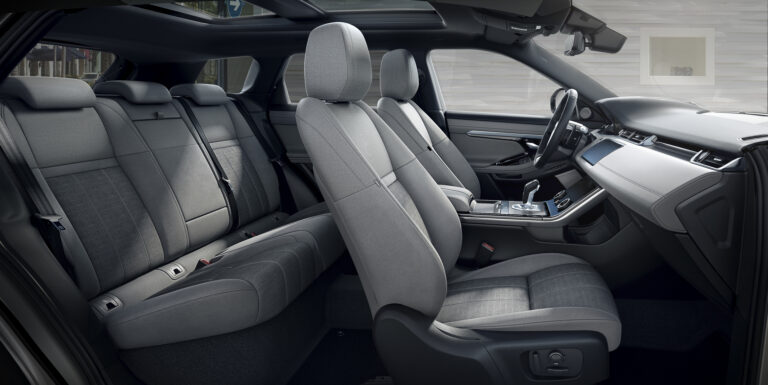Dr George Kellie, director of Kellie Solutions, looks at how sustainability is driving the automotive interiors materials market
Sustainability is now dominating the selection decisions being made by major brands, not just in the automotive sector. There is a visible and strong reaction worldwide by consumers and major brands to reduce the amount of plastics being used in products.
In contrast to packaging, automotive applications tend to be developed for durable long-term use. Nonetheless, there is still a need in the automotive sector to develop and deliver materials and solutions, which are more sustainable. Natural fibers are playing a big part in this environmental movement.
In the area of composite plastics, I have observed a clear trend toward the incorporation of natural fibers in a range of materials. A broad range of fibers are being used, including kenaf, bamboo, flax, etc. Some of these fibers have excellent physical properties, which in the right matrix offer properties that can be comparable to glass fibers.
For example, Kenaf fiber is increasingly seen as a glass fiber or polymer fiber alternative. It has excellent tensile strength close to that of synthetic fibers, combined with a lower density that helps to reduce component weight. In some composites, by using kenaf the overall tensile modulus and impact strength have actually been improved.
Furthermore, many of these fibers are cultivated in third-world countries and can offer a new source of revenue to these regions.
Based on our current data, we believe that the use of natural fibers in composites is growing by between 5% and 7% per annum. One limiting factor tends to be that the supply chain for some of these fibers is not as well developed as the chain for synthetic fibers. However, we strongly believe that it is only a matter of time before this changes.
The environmental movement is also creating new business opportunities in the automotive sector. For example, FlexForm Technologies based in Elkhart, Indiana, manufactures natural fiber composite mats using natural fibers such as kenaf, hemp, flax, jute and sisal. It recently introduced FlexForm panels. These are natural fiber sheet composites mixed with thermoplastic matrix materials, such as polypropylene or polyester.
In Europe, EcoTechnilin is a leading supplier of non-woven products based on natural fibers. The company has two production sites in France and Poland.
In another exciting application, International Automotive Components Group (IAC), an international supplier to the automobile industry, has worked with BASF to develop a roof frame for cars. This is largely made of natural fibers bonded together by BASF’s Acrodur 950 L binder. This ensures the loading capacity and heat resistance of the lightweight composite component. The binder is water-based and low-emission, and strengthens the natural fibers. This proprietary innovation is made of 70% renewable raw material content in the form of natural fiber. The IAC FiberFrame lightweight component was first used in the new E-class of Mercedes-Benz.
The second major application area for environmentally friendly materials is Class A surfaces. Perhaps the most exciting example has been Jaguar Land Rover’s partnership with the Danish textile company Kvadrat. Kvadrat is recognized as a leading manufacturer of premium innovative textiles. Its focus has been to create high-quality natural fiber structures, combined with recycled plastics, to deliver a very different upmarket seating experience. This has been initially used in the recently launched Range Rover Evoque.
We expect to see more new natural fiber automotive seating ideas inspired by this work.



